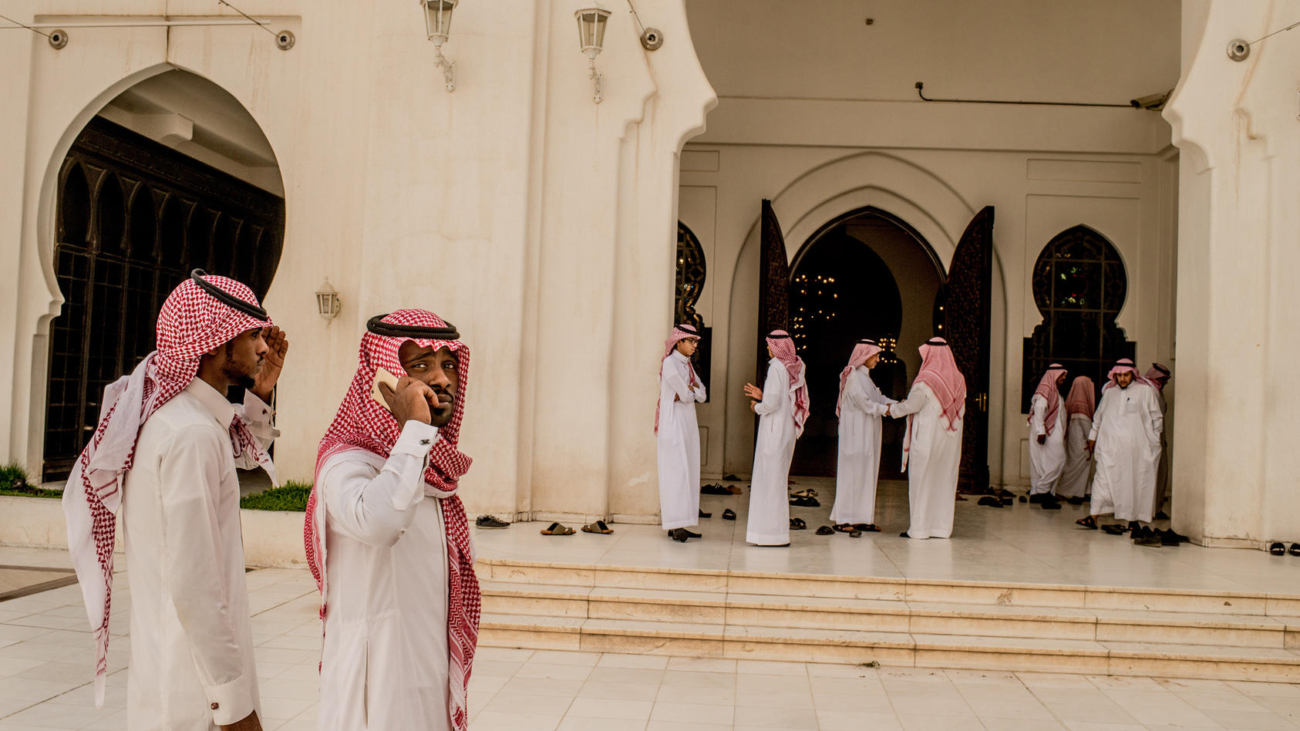Can Trump Revive Saudi Peace and Anti-Terror Role?
This piece was originally published on the U.S. Institute of Peace website usip.org
President Donald Trump’s upcoming meetings in Riyadh with Saudi King Salman could spur a renewal on two critical fronts for both leaders: the Saudi role in the region’s military conflicts and the extremist threat on its own turf.
Saudi Arabia’s shift in recent years to active military involvement in Middle East conflicts broke with its tradition of seeking influence as a peacemaker and intermediary. The Kingdom’s hand in regional politics in the past included facilitating the Taif accord that ended the Lebanese civil war in 1989, proposing an Israeli-Palestinian settlement in 2002 and brokering a 2011 deal for a peaceful transition in Yemen, an agreement supported by the Gulf Cooperation Council.
The swing to armed conflict in Yemen, Syria and to a degree in Iraq, basically was a Saudi reaction to what its leaders saw as President Barack Obama’s failure to contain the widening influence of Iran. But the Kingdom’s military meddling has produced far less than it hoped. The Iranians have consolidated their political and military reach in Lebanon and Iraq, shored up Syrian President Bashar al-Assad’s regime, co-opted the Houthi rebels in Yemen and increased the threat to Saudi security by militarizing the Saudi-Yemeni border.
The Trump administration’s approach toward Iran, both in threatening rhetoric and in proposed sanctions, might help ease the concerns of Saudi leaders enough to give them room to re-emphasize regional diplomacy. It is a path more aligned with the country’s own longer-term foreign policy interests anyway.
Stronger U.S. pressure on Iran also may allow Saudi leaders to focus more intensively on another mutual objective—the peril posed by terrorist groups. Al-Qaida, ISIS and others networks have increased their ability to operate across the Persian Gulf and the Middle East in recent years. The same groups eventually could menace the royal family’s control of the Kingdom.
So it behooves Saudi Arabia to redouble its efforts to thwart extremism at home that fuels terror groups there and abroad. The challenge is economic and ideological.
During his visit, Trump plans to sign a $100 billion deal for the Saudis to buy weapons from the U.S., even as oil, the source of almost all Saudi government revenue, remains at the lowest price since 2004. Amid such military spending, Saudi Arabia’s political establishment still will need to find ways to meet the social and economic expectations of a growing cohort of disillusioned young Saudis. Allowing the discontent of youth to fester is a perfect recipe for spreading radicalization—and weakening the royal family.
Weaker political leadership, in turn, strengthens religious influence in Saudi Arabia, where the state was founded on an alliance between the royal family and Wahhabi clerics. Tackling this problem should start by empowering Saudi institutions—both political and religious—that can undercut the sources of extremist doctrine inside and outside the Kingdom. A conservative society like Saudi Arabia needs more religion, not less, for this work—specifically an invigorated body of internationally supported scholars powerful enough to promote a rejuvenated and inclusive Islam.
The starting point for discussions by Trump and King Salman should be a premise that much of the region—and the U.S.—could embrace: A stronger Kingdom that reclaims its role as peaceful facilitator in conflicts, rather than a participant, is indispensable to countering terrorism and pursuing regional stability.

